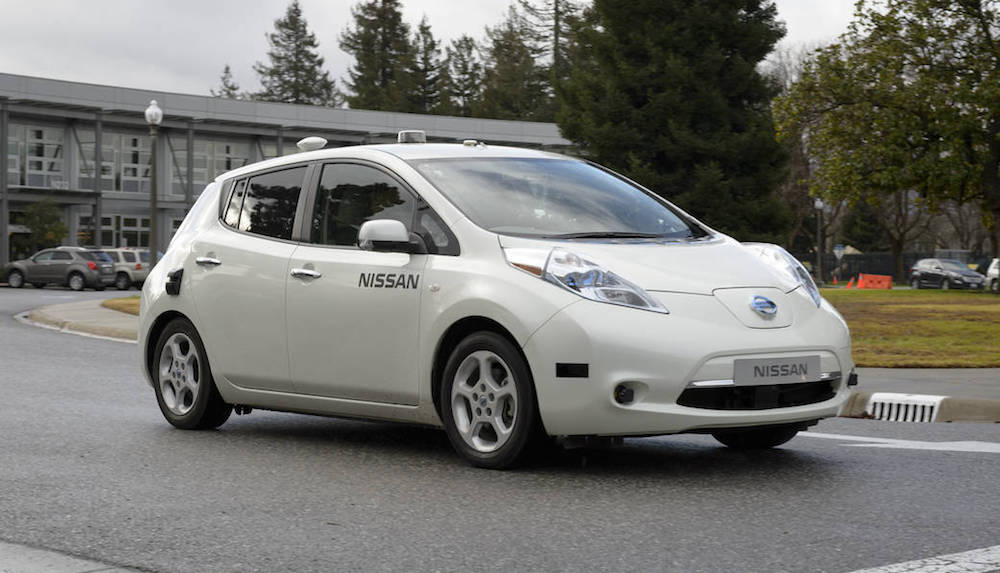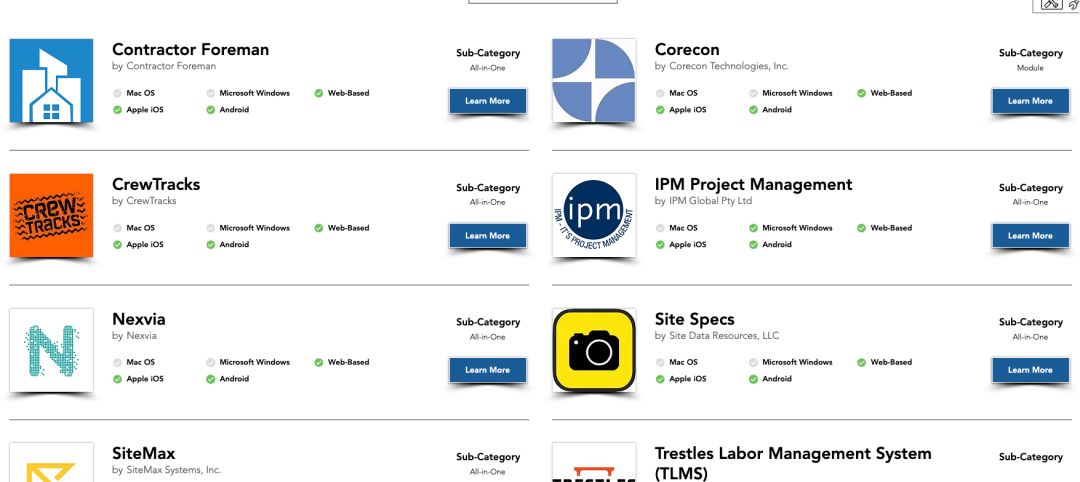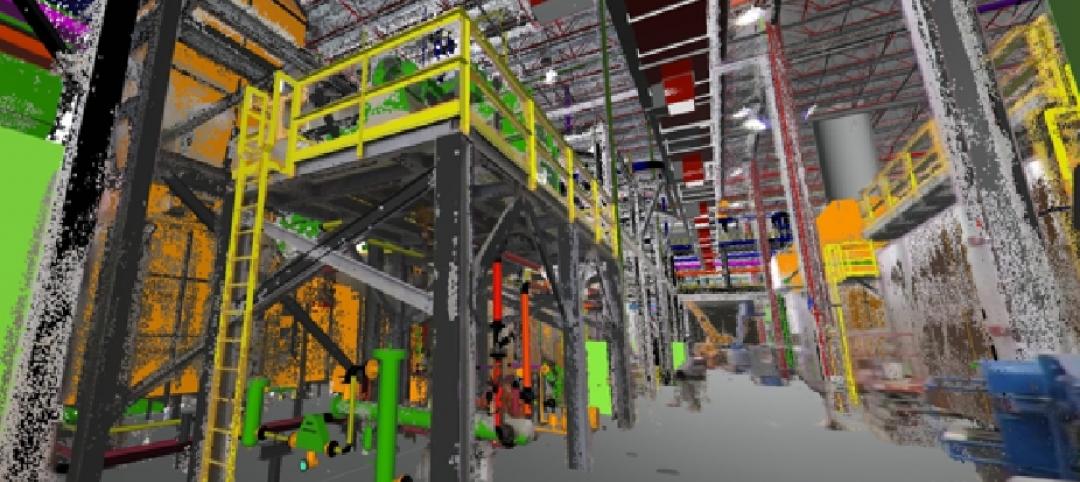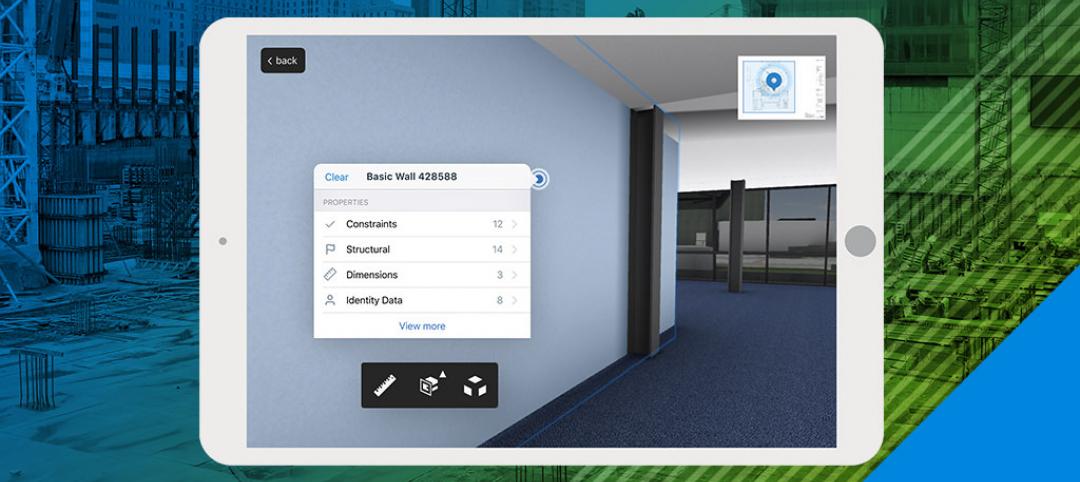Driverless cars could have an impact on the design of commercial and retail projects a lot sooner than many believe, according to a principal with a California design firm.
Autonomous vehicles are expected to enter the market within the next 10 years, and this has implications for parking standards in particular. Onsite parking could be reduced, with parking for driverless cars moved to less valuable properties nearby.
At hotels, taxi lines will be longer, requiring more robust concierge systems and lines for guests while they wait for their driverless cars. Driverless vehicles will need less room on roads and smaller parking dimensions to maneuver, so the overall size of a development could be reduced.
Driverless cars could also be used to deliver goods to consumers. That may mean that the back of retail outlets would not need to hold as much inventory, making it possible to shrink their building footprint.
Related Stories
| Jul 11, 2019
Pepper Construction is using 3D models to help identify underground utilities on jobsites
Overlaying new installs and site surveys add precision to the construction process.
AEC Tech | Jul 10, 2019
Blue Collar Labs launches Builder’s Almanac, an online construction technology evaluation platform
The free online resource aims to eliminate subjective bias from the contech software evaluation process.
AEC Tech | Jul 2, 2019
Living in a cloud: What nanotech means for architecture and the built environment
Could there come a time when buildings will become less about bricks and mortar and feel more like mists or fogs?
AEC Tech | Jun 28, 2019
In London, Autodesk homes in on construction management
The software goliath sounds the alarm about the urgent need for productivity improvements to address unbridled urbanization.
Giants 400 | Jun 26, 2019
How are the AEC Giants faring in the tech arms race?
About half (42%) say their firm is “on par” with their most-direct AEC competitors.
AEC Tech | Jun 10, 2019
Mortenson joins forces with robotics technology producer
The partners will focus on equipment used for earthmoving in wind and solar projects.
AEC Tech | May 15, 2019
AI and digital twin firm Reconstruct Inc. closing $7.7 million Series A investment
Reconstruct’s AI and digital twin capabilities provide indoor/outdoor views for project stakeholders to track and resolve project issues in a virtual environment before they impact cost and schedule.
AEC Tech | May 7, 2019
Can machines design?
Instead of debating about whether machines can design, why don’t we ask, What if they could? How might architecture change if computers take over the process entirely?
Codes and Standards | Apr 25, 2019
Report: Contractors invest $1.6 billion in workforce development annually
ABC members increased training spending 45% from 2013, according to a new report.
AEC Tech | Apr 24, 2019
PlanGrid Delivers BIM Data in 2D and 3D Directly to Mobile Users in the Field
One of the construction industry’s most widely-used mobile technologies makes critical data accessible in the field with first major Autodesk integration after acquisition.

















